The murder of more than 1,200 people by Hamas terrorists on 7 October was a crime against humanity, but many progressives are determined to deny it.
It was Israel’s 11 September and Pearl Harbour, but also much more. For that country’s people and Jews everywhere, that day’s scenes of torture, slaughter and sadism (shared so gleefully by the criminals themselves) resonated particularly deeply given the Jewish people’s tragic history.
Already a subscriber? Log in
Subscribe for just $2 a week
Try a month of The Spectator Australia absolutely free and without commitment. Not only that but – if you choose to continue – you’ll pay just $2 a week for your first year.
- Unlimited access to spectator.com.au and app
- The weekly edition on the Spectator Australia app
- Spectator podcasts and newsletters
- Full access to spectator.co.uk
Or
Unlock this article
You might disagree with half of it, but you’ll enjoy reading all of it. Try your first month for free, then just $2 a week for the remainder of your first year.

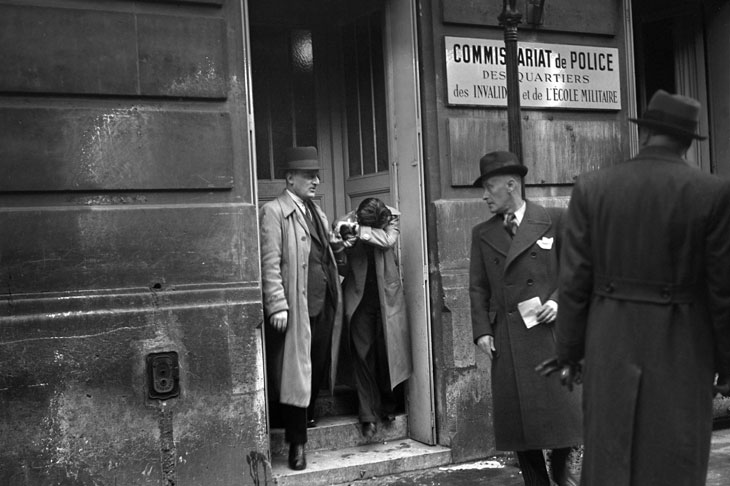

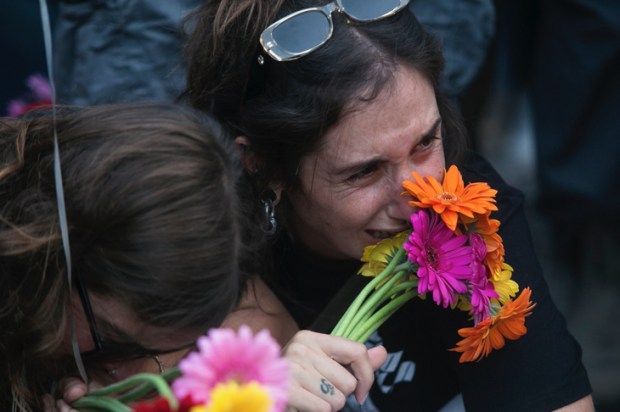

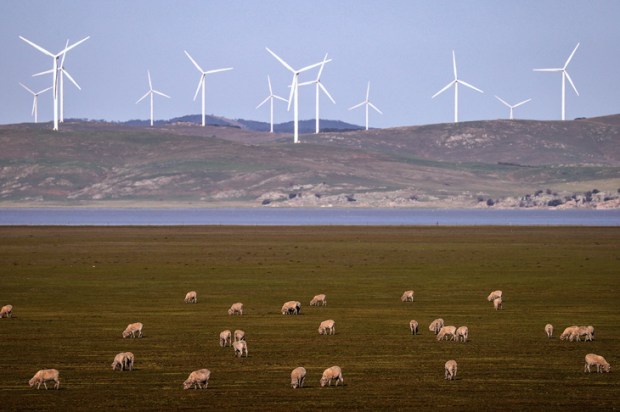
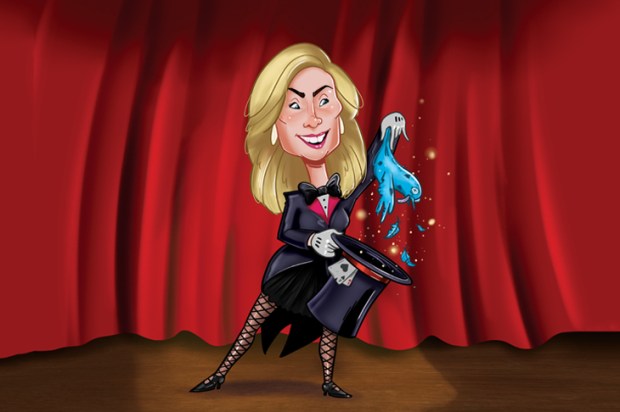
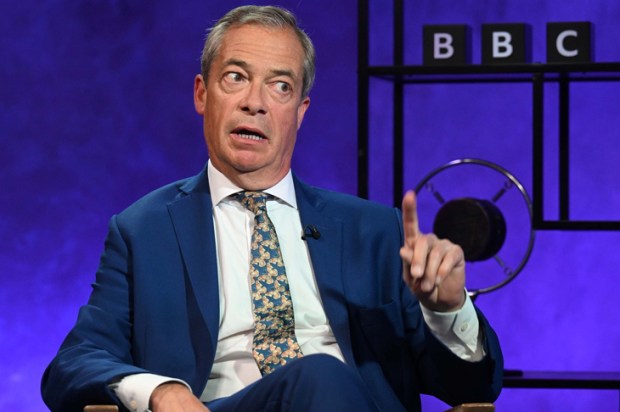






Comments
Don't miss out
Join the conversation with other Spectator Australia readers. Subscribe to leave a comment.
SUBSCRIBEAlready a subscriber? Log in